In the growing conversation around equity in African education technology, one critical question remains insufficiently asked: Who gets to shape the future of learning on our continent—and in what language?
As the founder of Okubo Wisdom Legacies, a LangTech venture dedicated to preserving and revitalizing indigenous African languages, Wisdom Okubo, has watched with concern as grassroots innovators are repeatedly allegedly overlooked in favour of more polished, globally networked ventures.
“Nowhere is this more glaring than in the recent exclusion of Izesan Limited from the Mastercard Foundation EdTech Fellowship, administered by Co-Creation Hub (CcHUB),” he said.
This is not just another case of startup rejection. It reflects a deeper crisis in how we define innovation and who gets to be funded. Izesan is not merely building mobile applications—it is restoring cultural confidence in children, giving voice to marginalized communities, and ensuring that language, Africa’s first and oldest technology, is not erased in the name of scale.
The tech company’s tools have reached classrooms, households and community centres across Nigeria and the diaspora. Its work aligns directly with UNESCO’s global goals for educational inclusion and cultural preservation. And yet, this is the kind of high-impact, community-centred innovation that gets sidelined—not for lack of merit, but because it lacks foreign polish, elite affiliations or access to gatekeepers.
We must confront this uncomfortable reality: too many innovation hubs and fellowships claim to prioritize local solutions, while in practice favouring global gloss. They talk about inclusion but reward exclusivity. They celebrate African voices, but only after they’ve been filtered through international accelerators.
The future of African EdTech cannot be written in borrowed code or foreign scripts. It must be rooted in our realities—our languages, our communities, our children. Ventures like Izesan! are not fringe players. They are pioneers. And they deserve the kind of support that matches their cultural and educational significance.
I call on institutions like CcHUB and the Mastercard Foundation to expand their definition of impact beyond scalability and marketability. Recognize the value of sustainability, cultural authenticity and linguistic inclusion. Because the most powerful innovations don’t just change systems—they affirm identities.
Let us build an ecosystem where African children can learn, dream, and innovate in their own languages. That is the kind of future we at Okubo Wisdom Legacies stand for. And it is why we stand—unapologetically—with Izesan!.



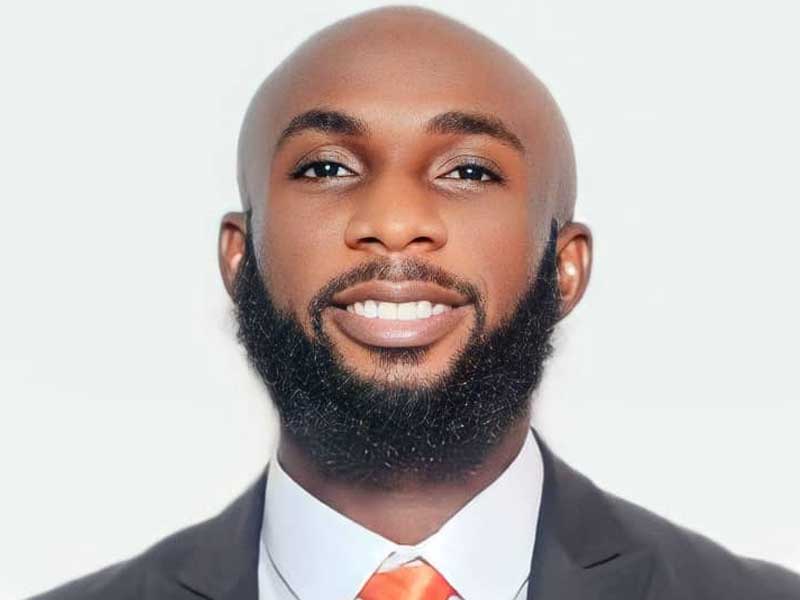

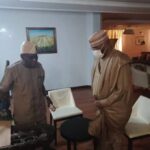
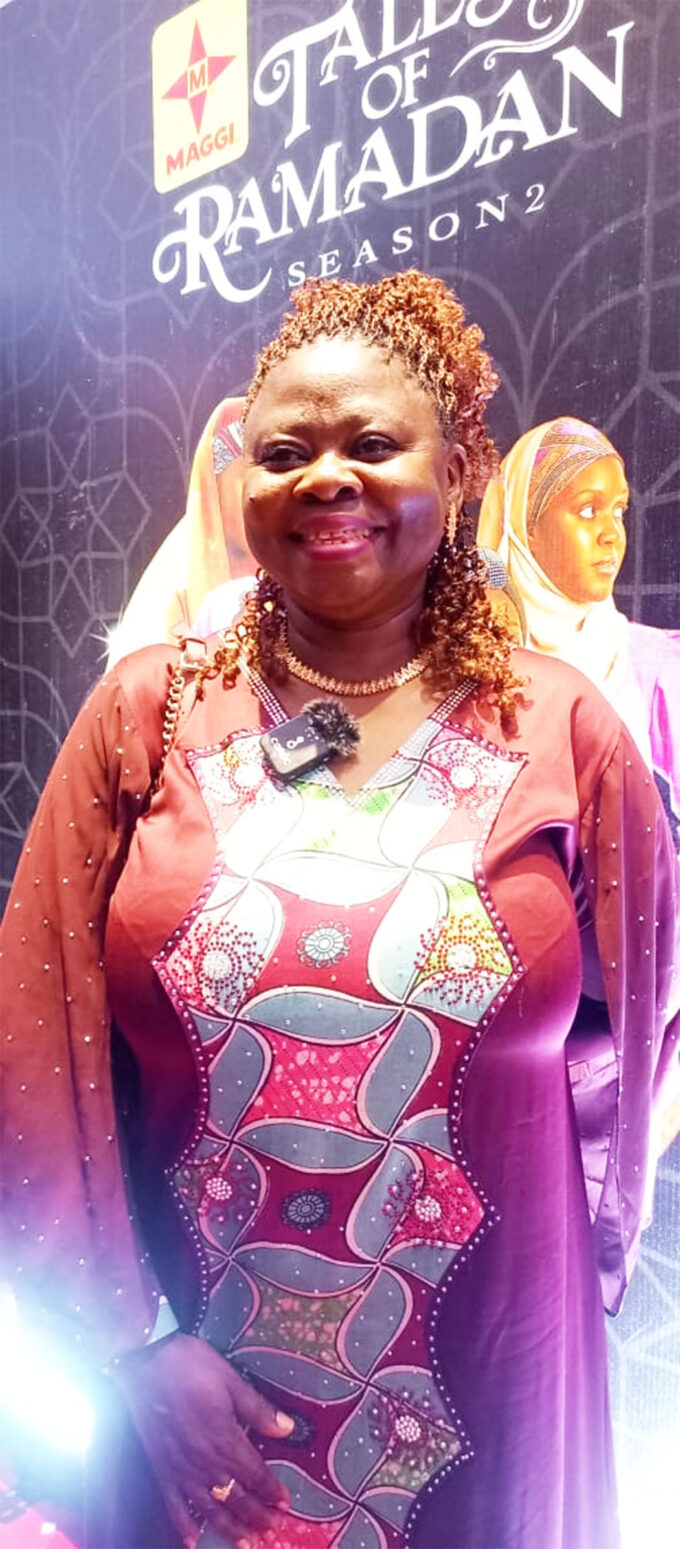

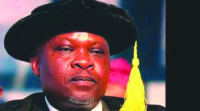
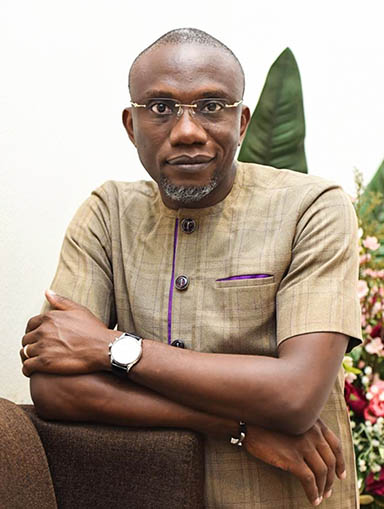

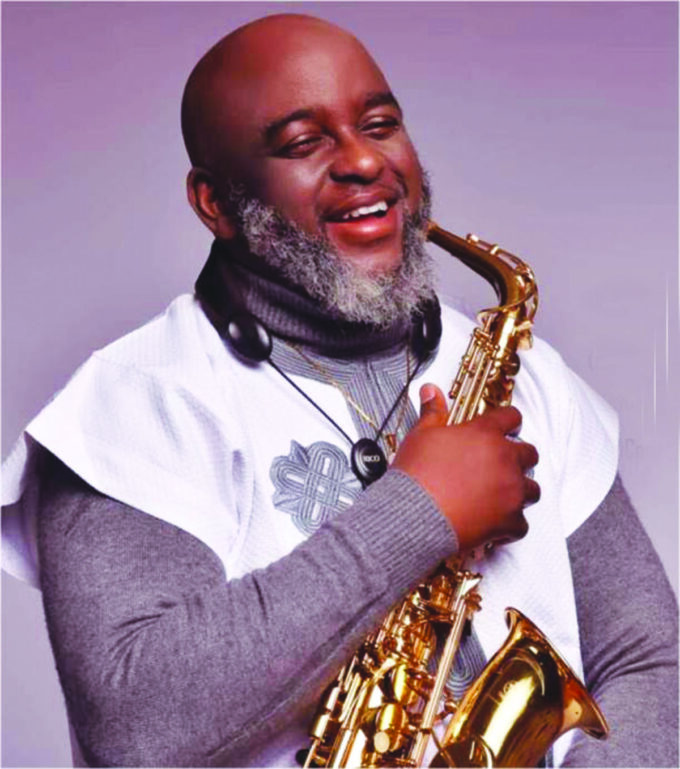


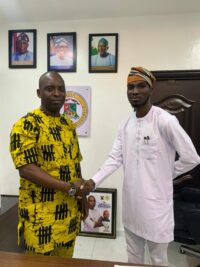


Leave a comment